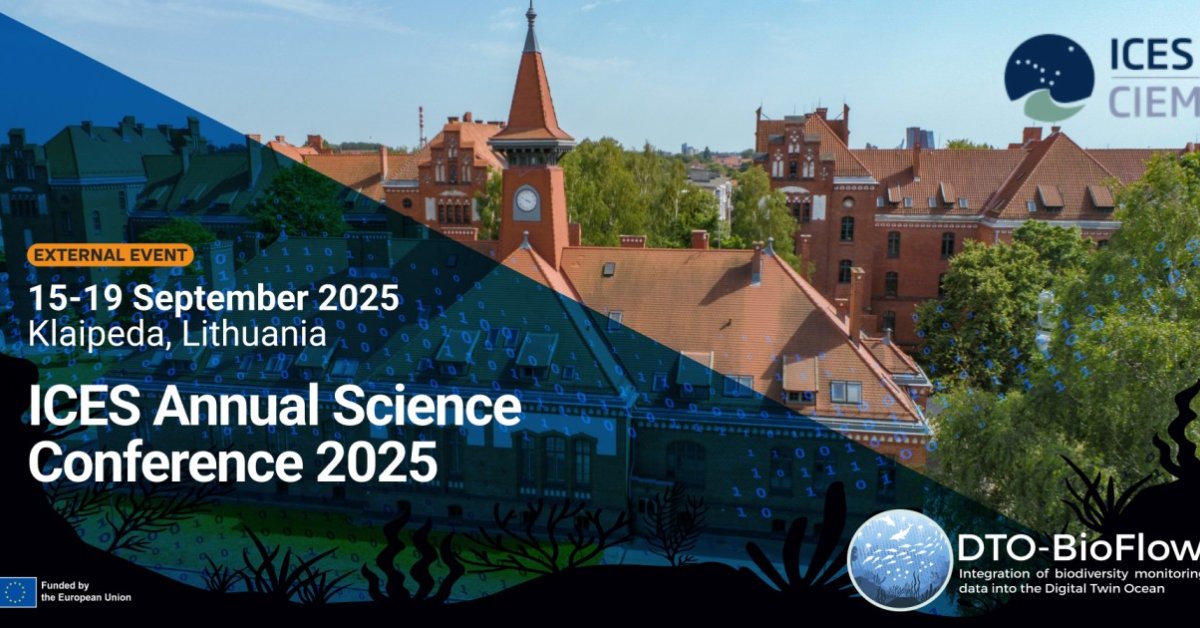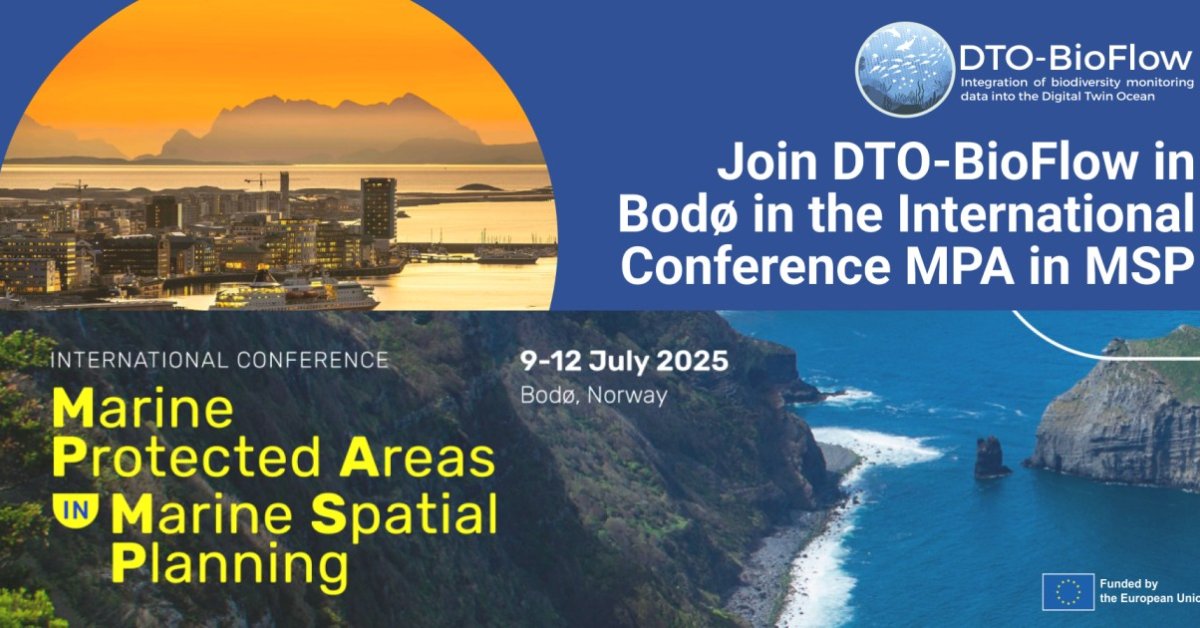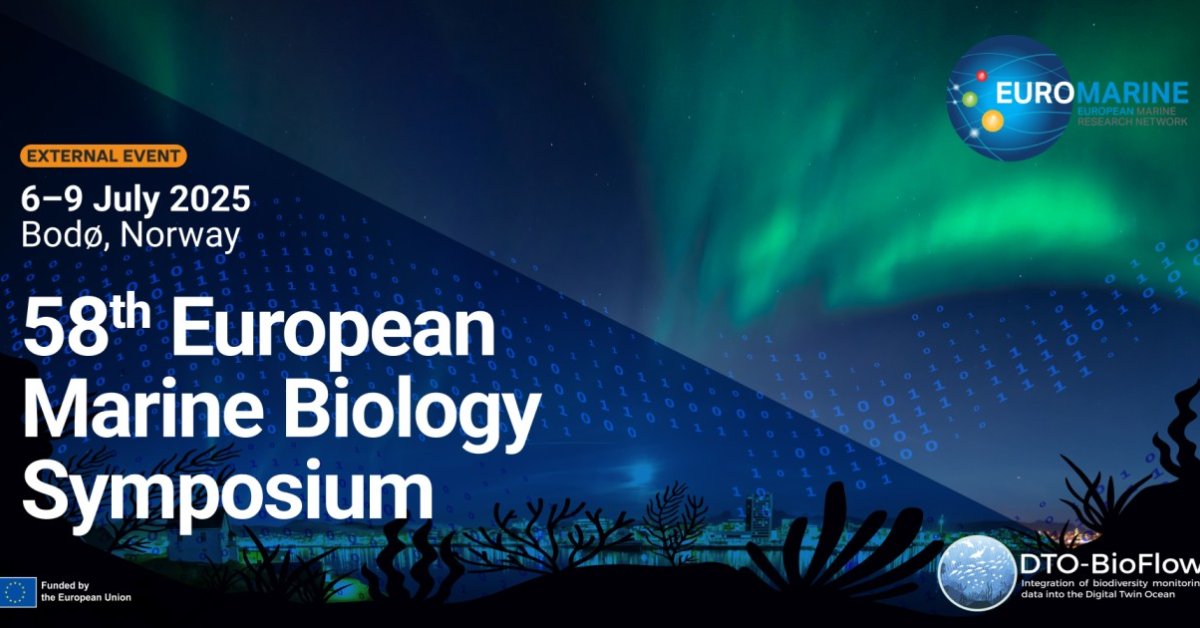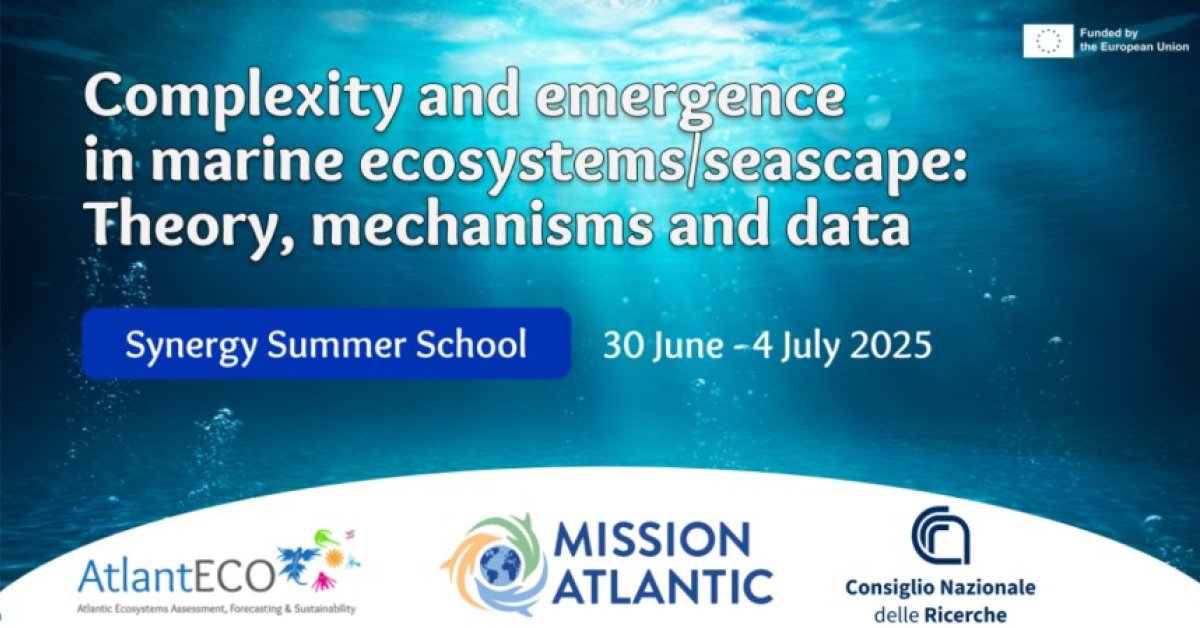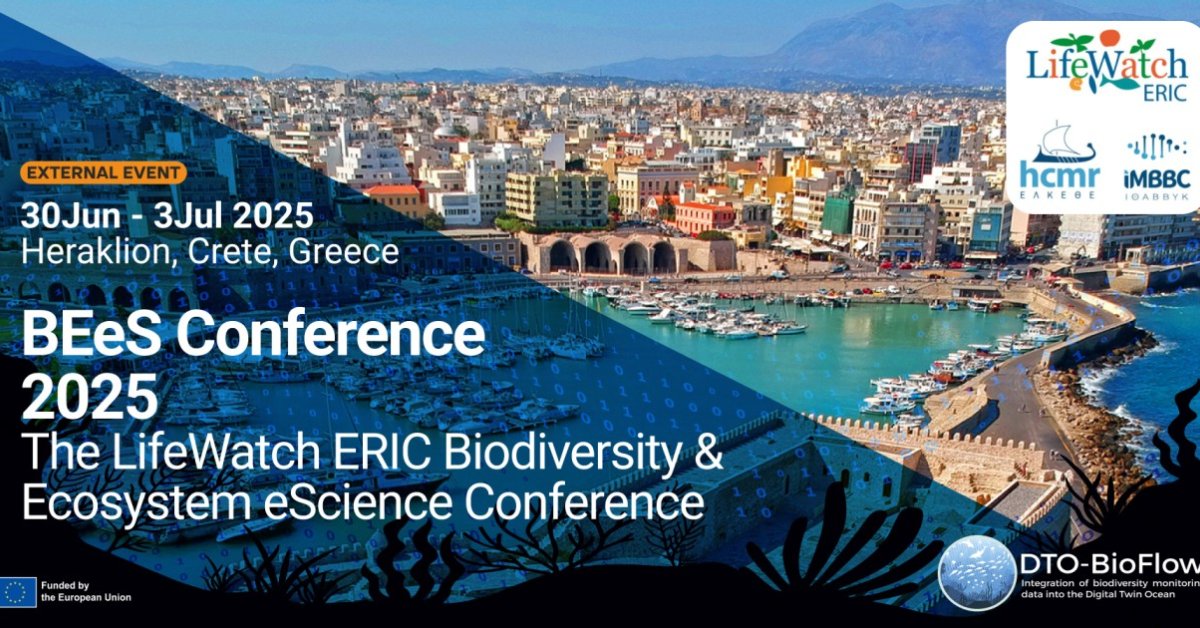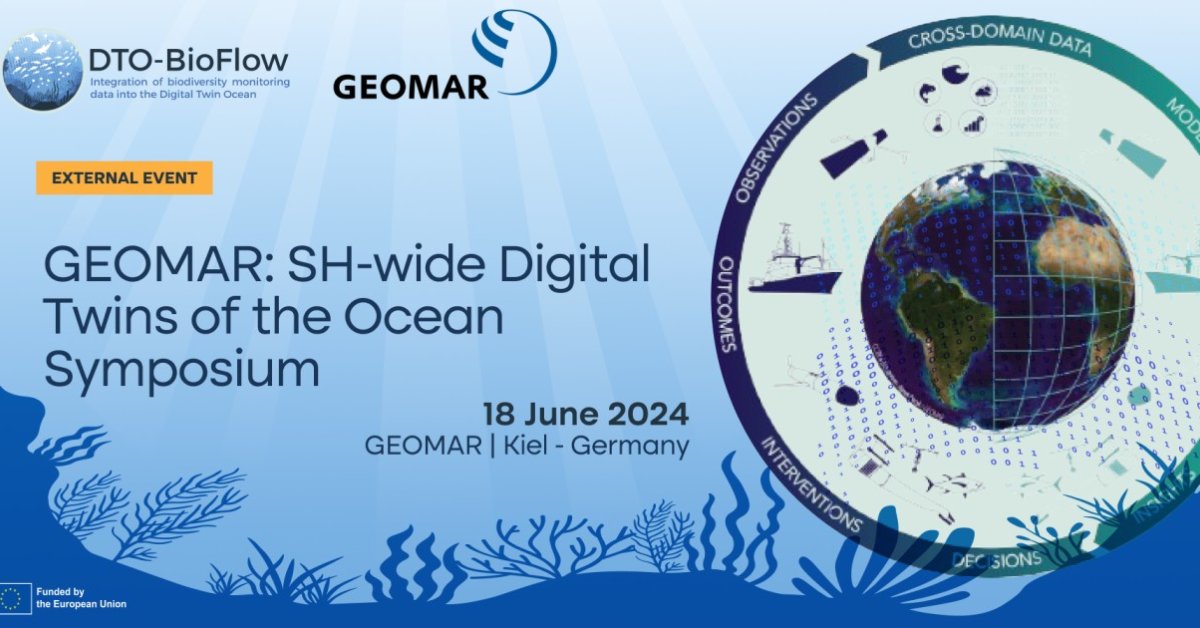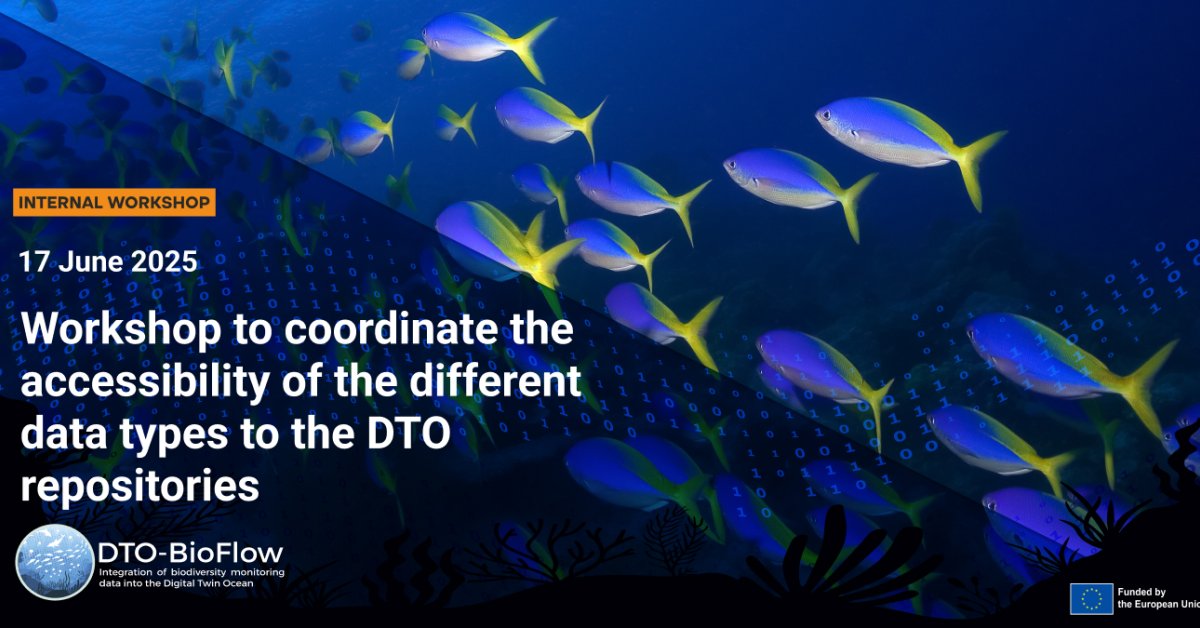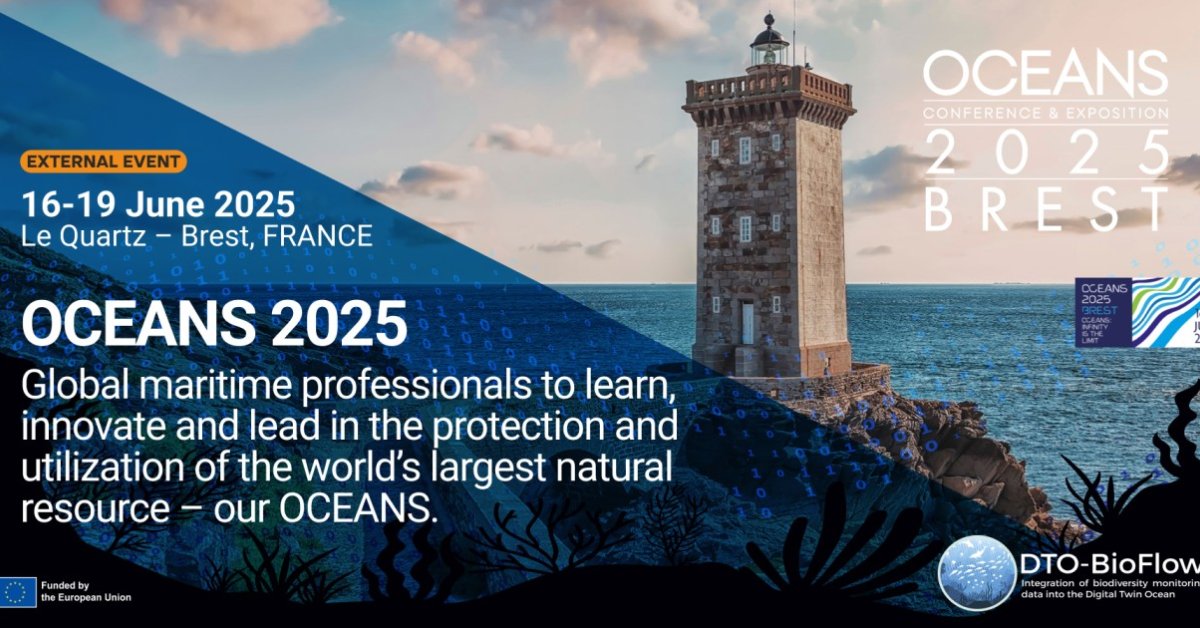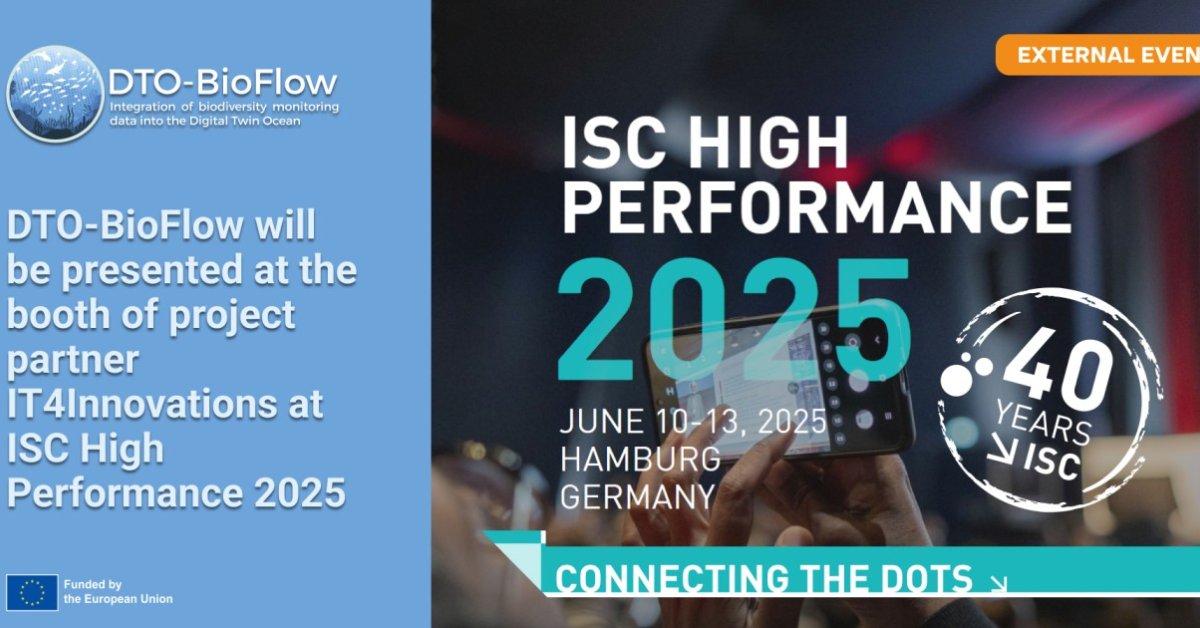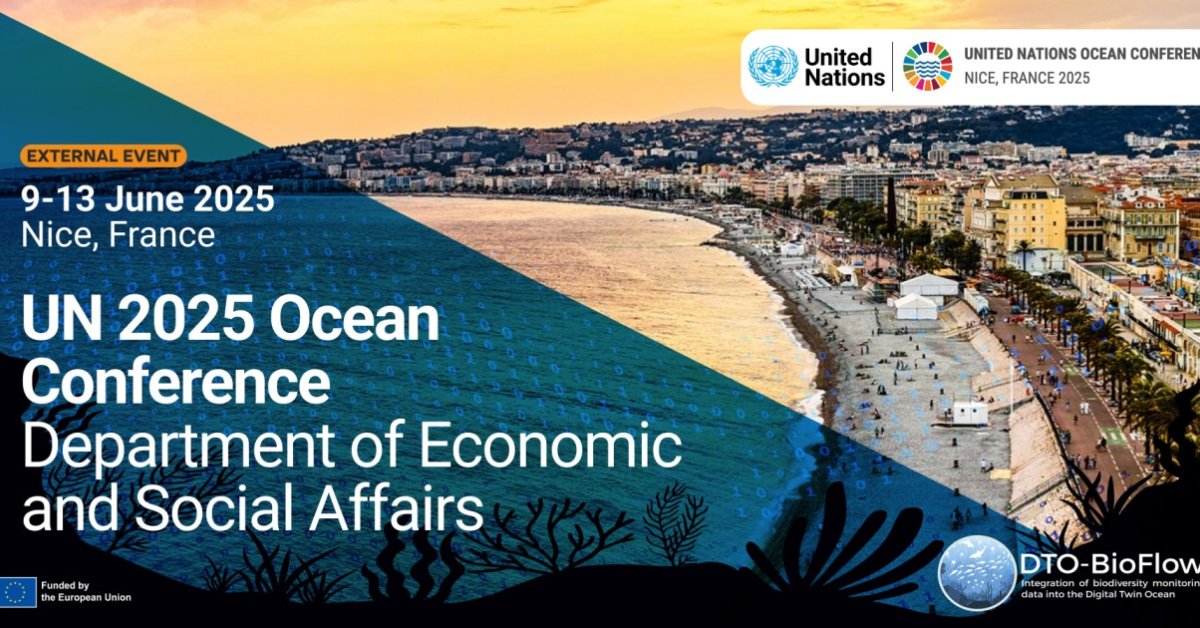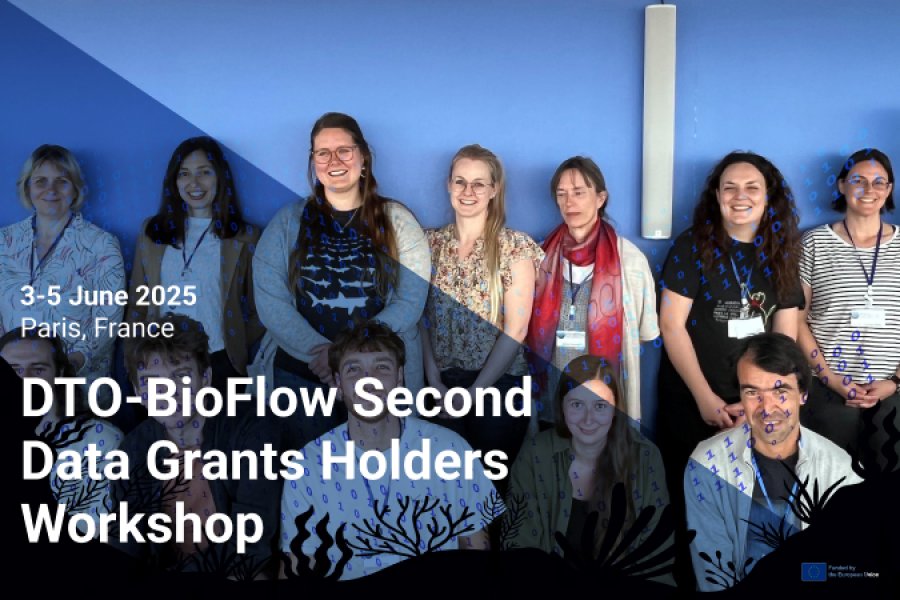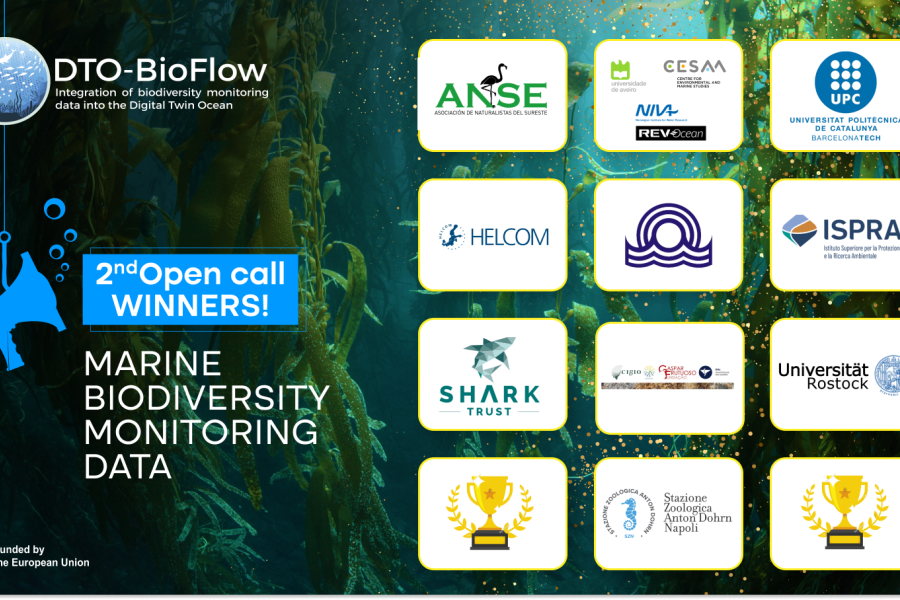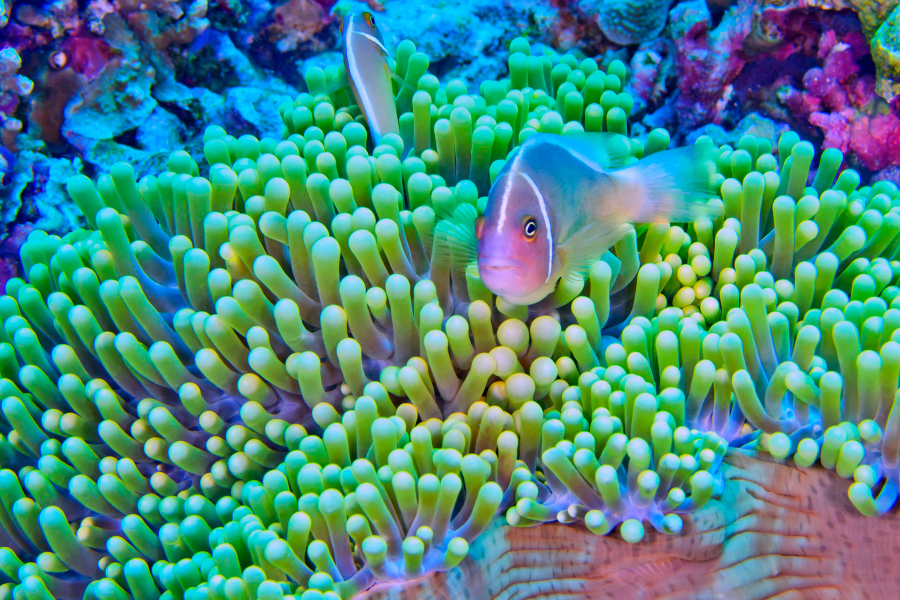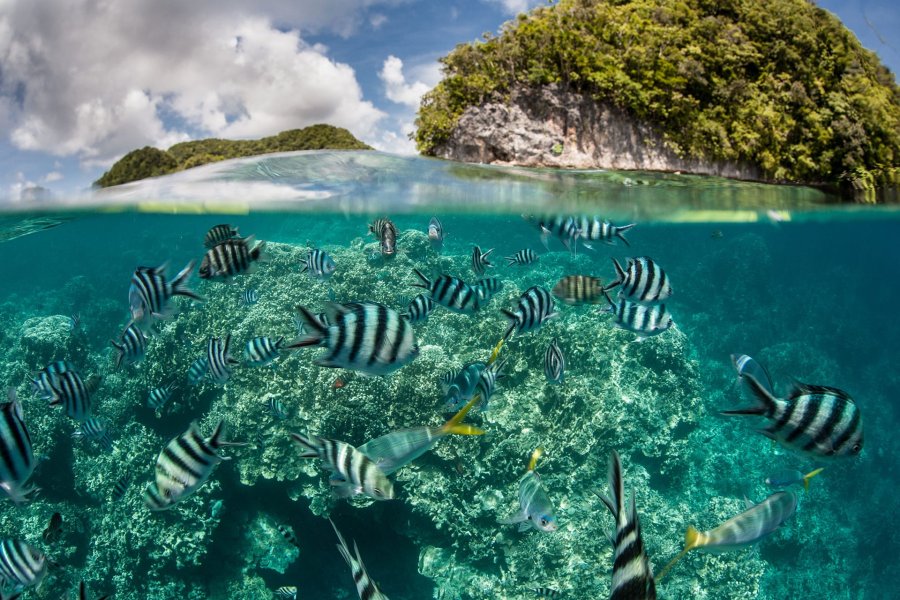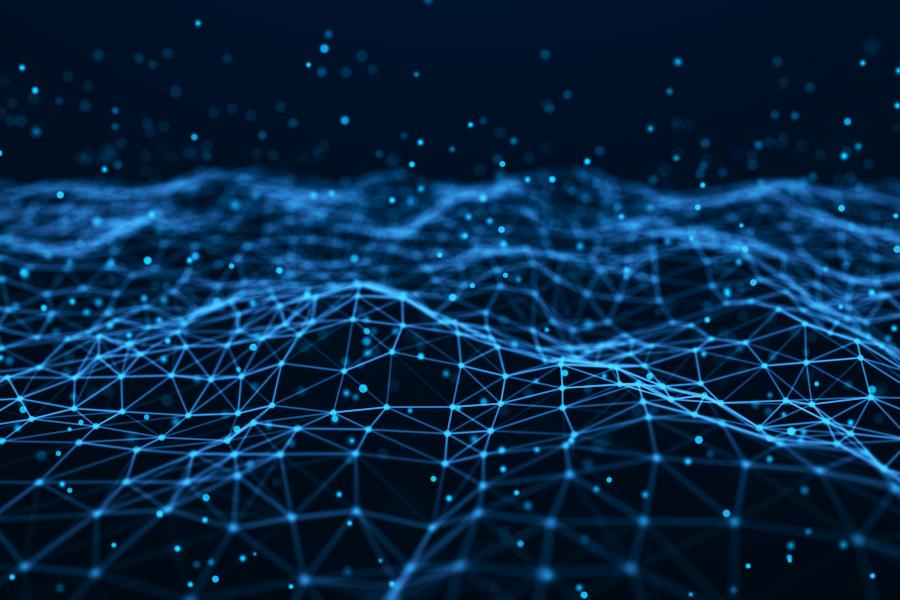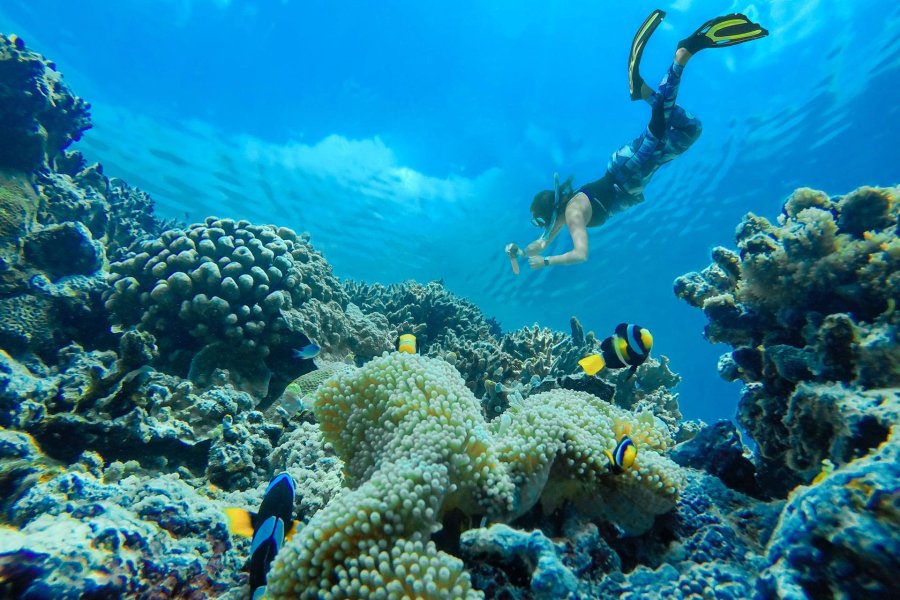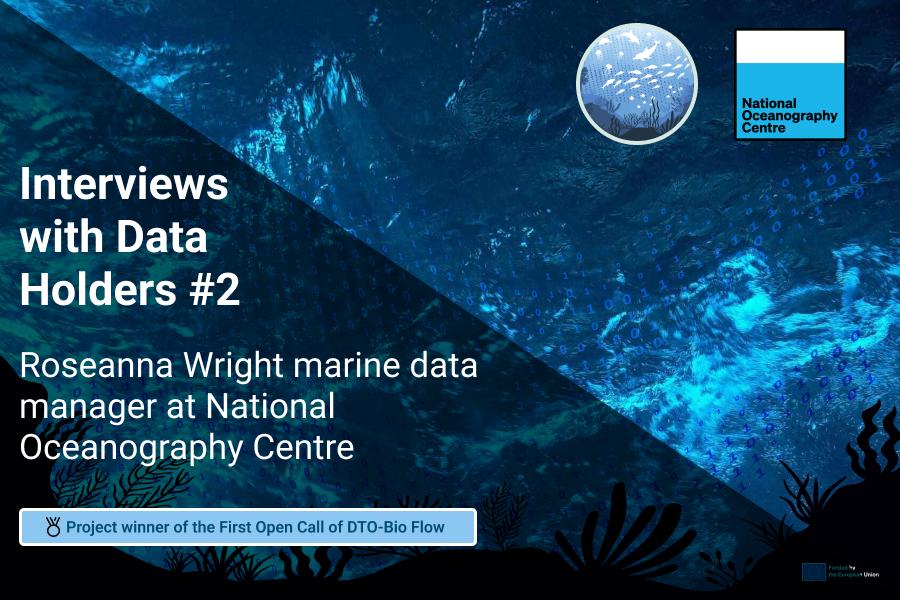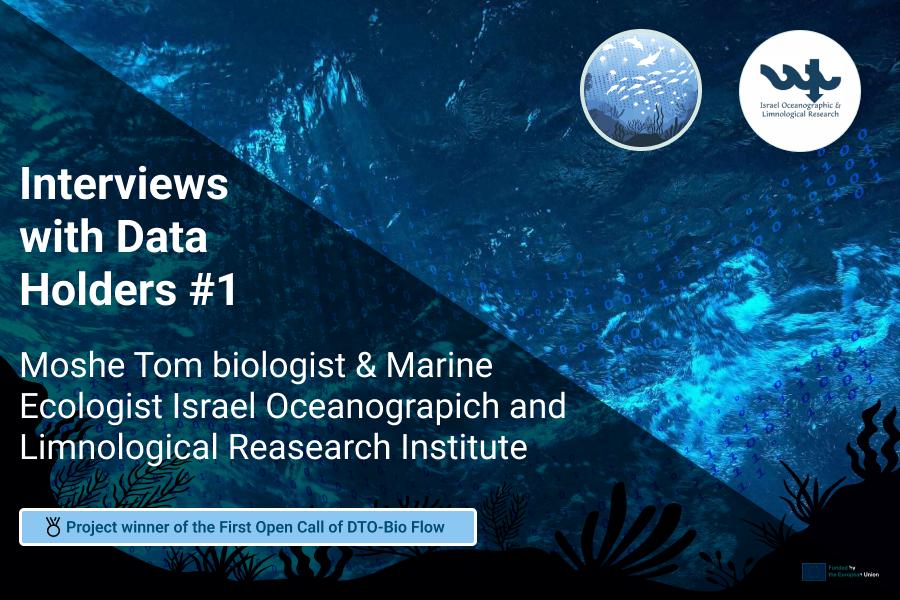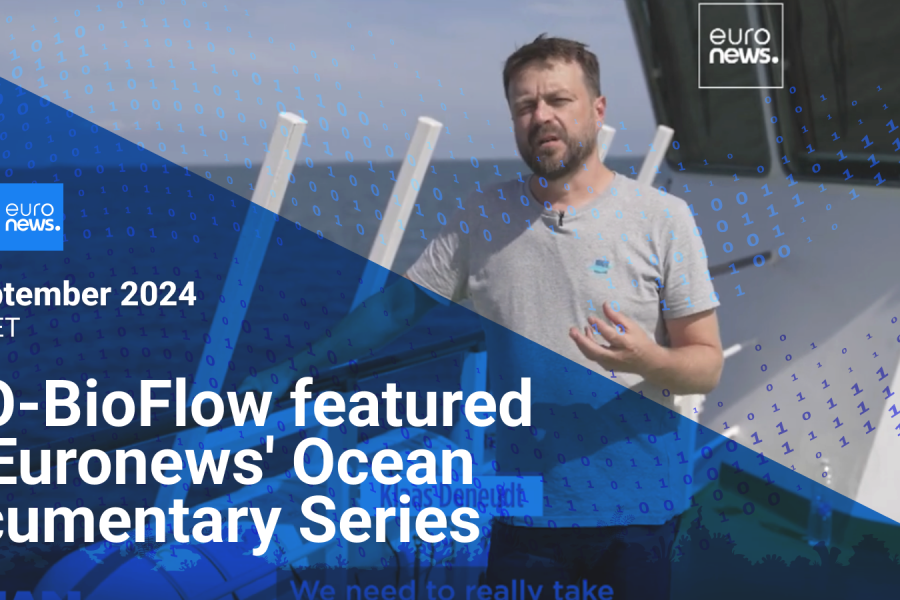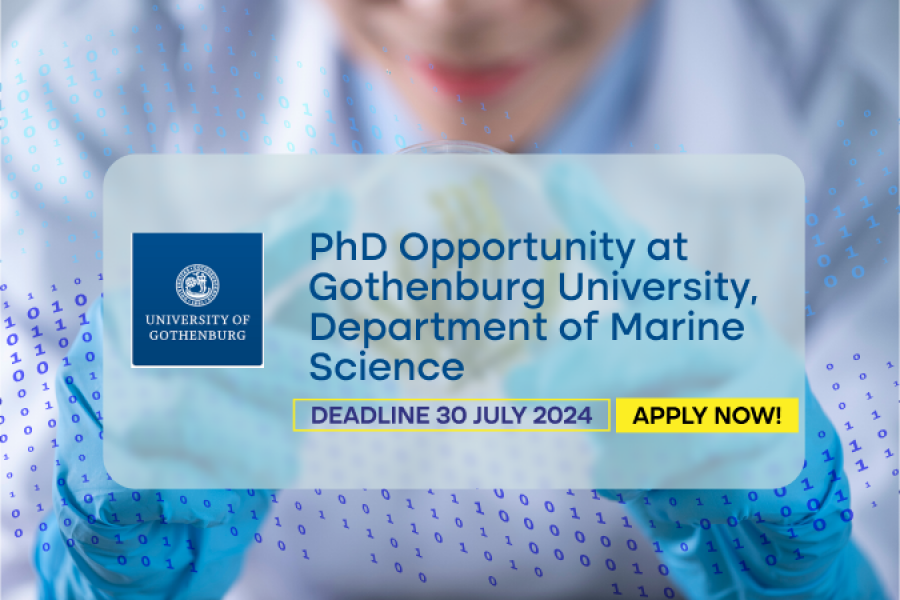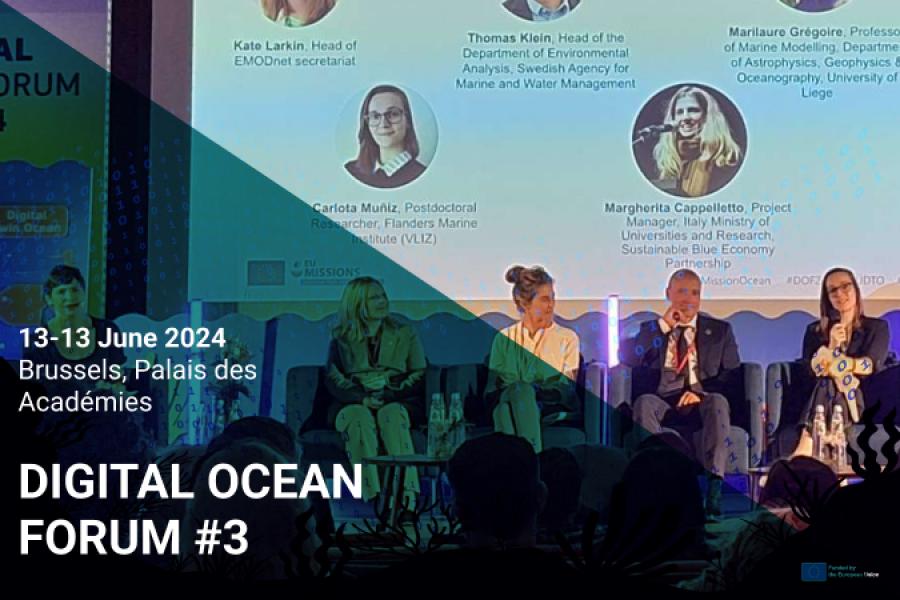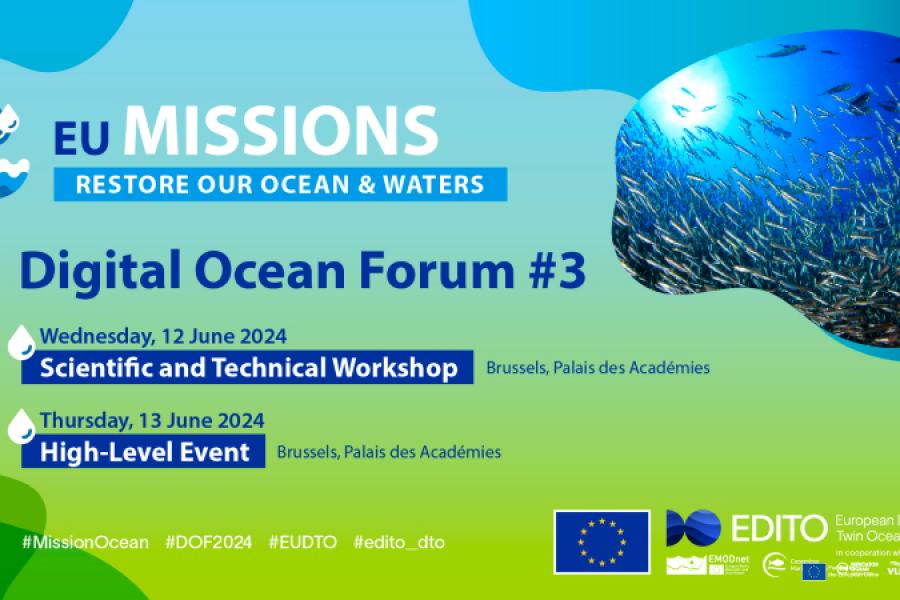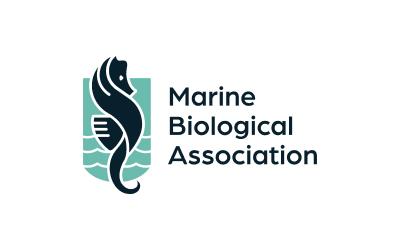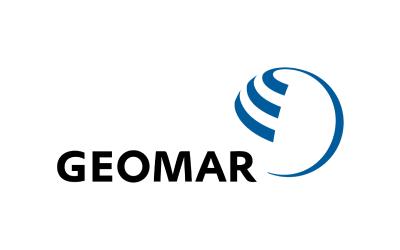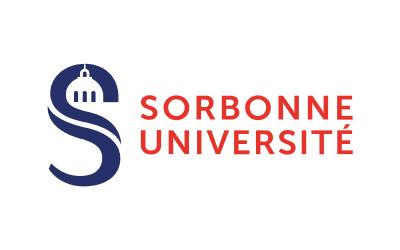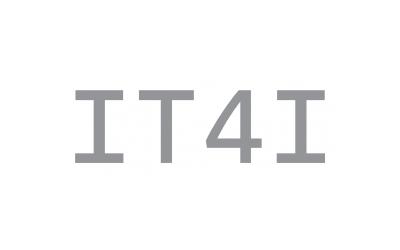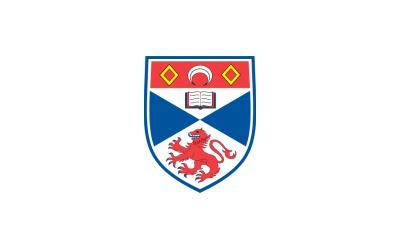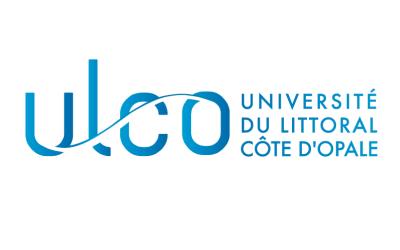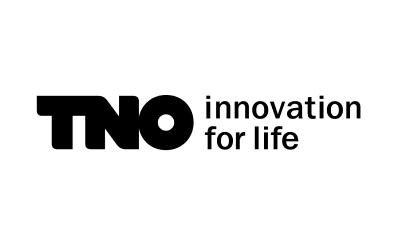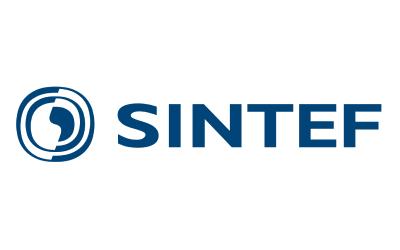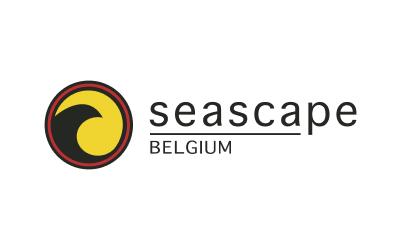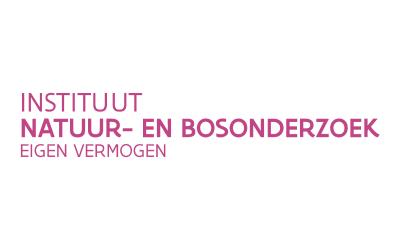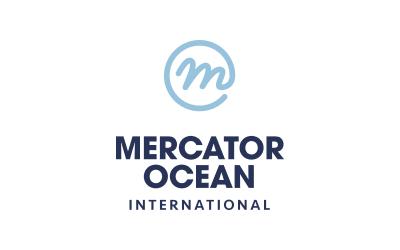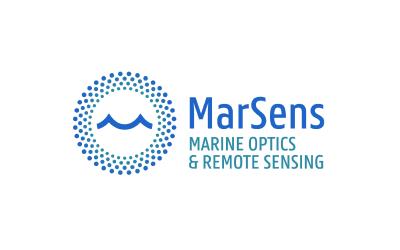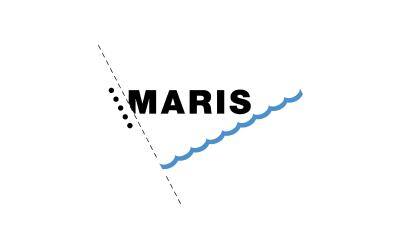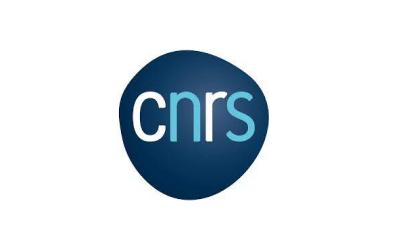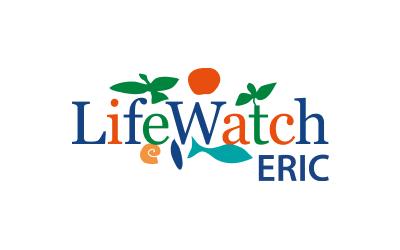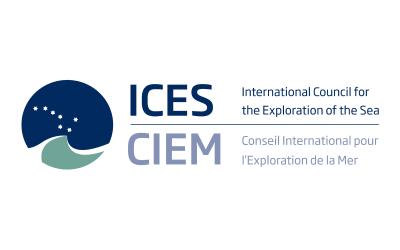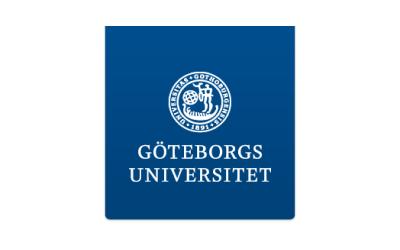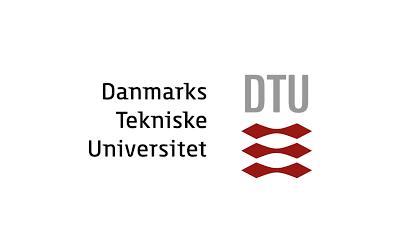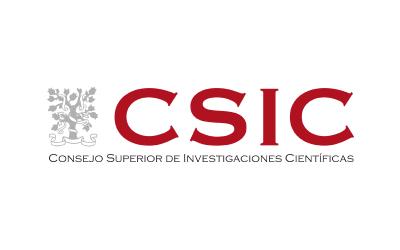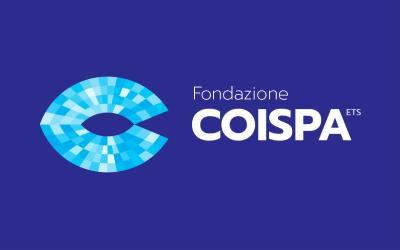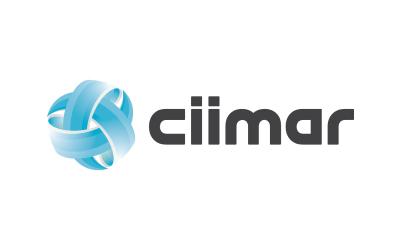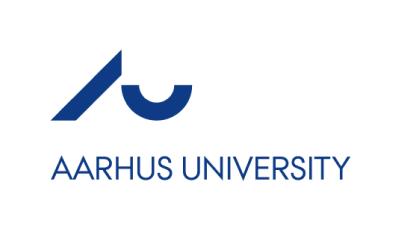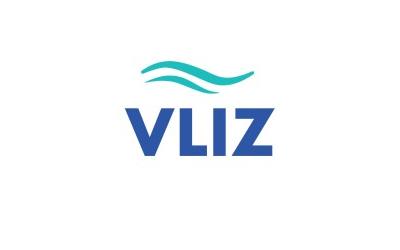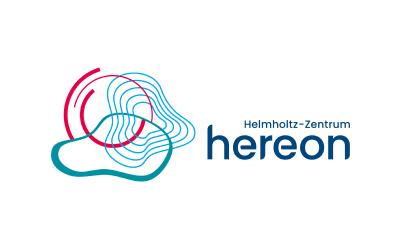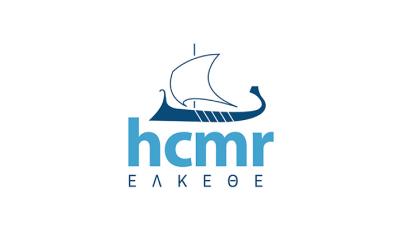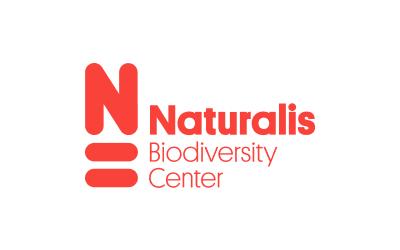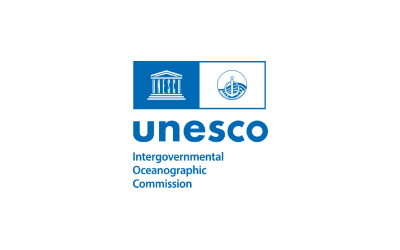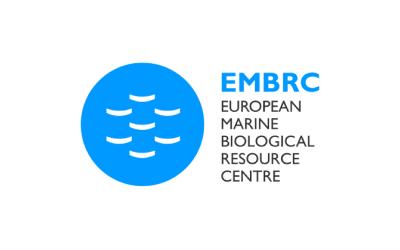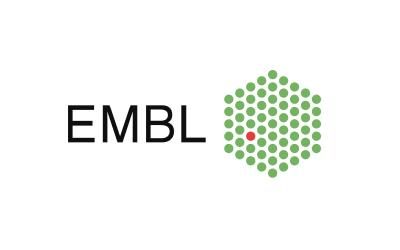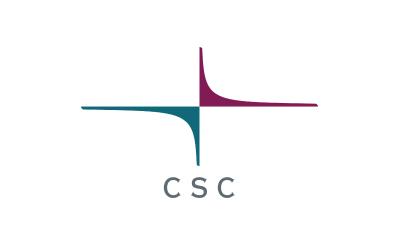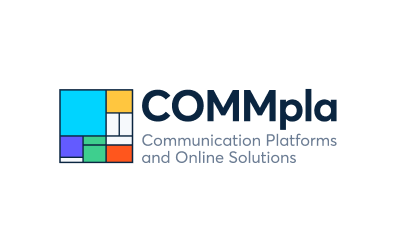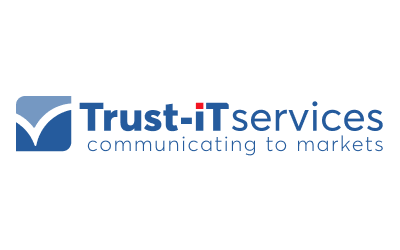Meet the ten new Data Providers advancing marine biodiversity data for the EU Digital Twin Ocean
Winners of DTO-BioFlow’s Second Open Call, these projects will provide long-term access to previously unavailable biodiversity data via EMODnet Biology, fueling the EU Digital Twin Ocean.

Digital Twins
The biological component of the ocean is arguably the least known and most poorly understood. Understanding the interaction of species with each other, with their environment and how these change in response to environmental and anthropogenic pressures through time will provide us with true knowledge and enables ecosystem-based management.
This is the value of digital twins: By providing virtual representations of the ocean-integrating ocean observations, modelling, and digital infrastructures, digital twins allow us to simulate and study “what if” scenarios enabling effective conservation, management and policy development.

To unlock “sleeping” biodiversity data
Data on biodiversity comes from a variety of sources, including omics, optical identification, imaging, acoustics, and others. Although new technology (imaging, acoustics, DNA-based, satellite) enables biodiversity observations at previously unattainable scales and frequencies, many of these types of data require one or more processing steps to become digital, and thus remain unavailable and inaccessible, the so-called "sleeping data".
DTO-BioFlow will awaken "sleeping" biodiversity data, enabling the ongoing flow of these and new data into the EU Digital Twin Ocean via primary integrators and EMODnet, generating a digital replica of marine biological processes and transforming new and current data flows into evidence-based knowledge.
To remove these barriers and make these data available for the DTO, scientific experts need to invest time, consult the communities of practice and interact with data managers to propose best practices on processing these data in a standardised and scientifically correct way to ensure that modern streams of data become available for biology at large scale.
The DTO-Bioflow Concept
DTO-BioFlow will target the current challenges in the collection, harmonisation, accessibility, and analysis of marine biodiversity relevant data, the integration of these data and analytical tools into DTO architectures, and the applicability of a functioning DTO biodiversity component to address policy-relevant use cases.
- Identifying, prioritising & increasing the flow of relevant biodiversity
The first step in increasing the flow will be to identify existing (but unavailable) data sources and enable their ingestion into primary and secondary integrators that will connect to the DTO data repositories bein g developed in other projects
- Developing and integrating the biodiversity digital component of the DTO
The biodiversity digital component will comprise harmonised biodiversity-relevant data flows, data models to enable their automatic integration, and the digital tools facilitating their analysis.
- Demonstrate the end-to-end approach and user application in the DTO
Seven demonstrator use cases will be developed to utilise new data flows in the DTO, by integrating and assimilating them in existing models using the harmonised protocols
